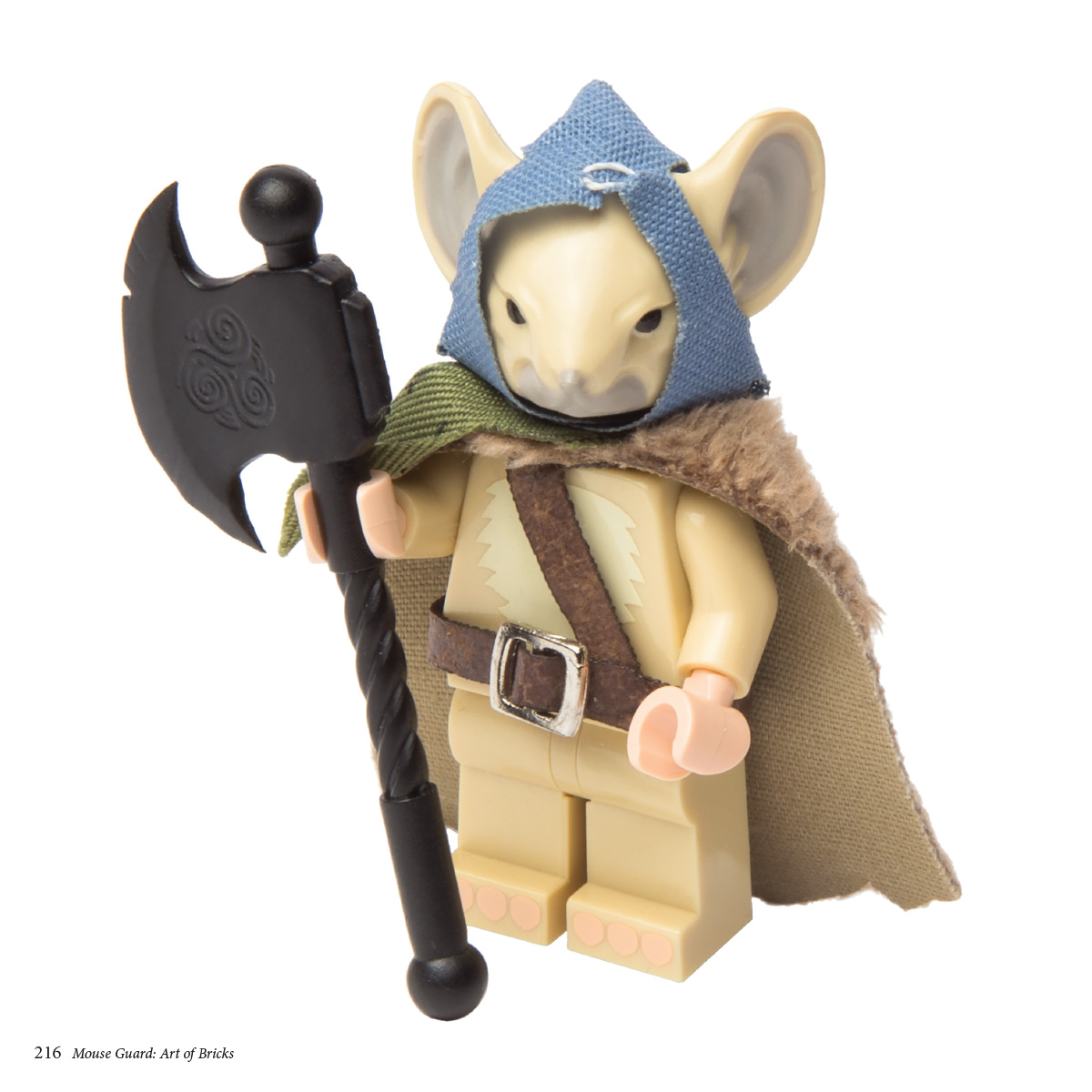



Your character can start as a young upstart, called a ‘tenderpaw’ if another player will be their mentor. While you’re absolutely playing as defenders of the land, and people who are trained to deal with these situations, the fact that you are always outmatched gives an air of horror to the gameplay. That has a place, don’t get me wrong, but it’s absolutely a ton of fun to do the exact opposite and play as some of the weakest beings around, trying to face down predators who are far more lethal. Many RPGs tend towards being a power fantasy, where your elf wizard or space marine psychic can tear apart fundamental aspects of reality to destroy their enemies.

Both the comics and the RPG follow the eponymous Mouse Guard, a group of armed, knight-like mice who try to defend their homes from various woodland predators, make sure there’s enough food for winter, and keep the roads safe. Mouse Guard was also designed by Luke Crane of Burning Wheel, inspired by the Mouse Guard comics of David Peterson. But it is a huge commitment, designed for long-term play, and quite complicated. The first of these articles I wrote was for Burning Wheel, which remains my favorite tabletop RPG of all time. If you’re looking for a shorter, simpler game that still has the classic feel of Burning Wheel, if you’d like to play a game where you are inherently the lowest part of the food chain, if you’d just like to be a mouse, I recommend Mouse Guard highly. ” – Ryan Howseīased on the award-winning Mouse Guard comic book and graphic novel series by David Petersen, this pen-and-paper traditional RPG designed by Luke Crane contains everything players need to know about the world of the Guard including rules for forming patrols and heading up missions into the Territories. Features artwork and extensive background material from series creator David Petersen.


 0 kommentar(er)
0 kommentar(er)
